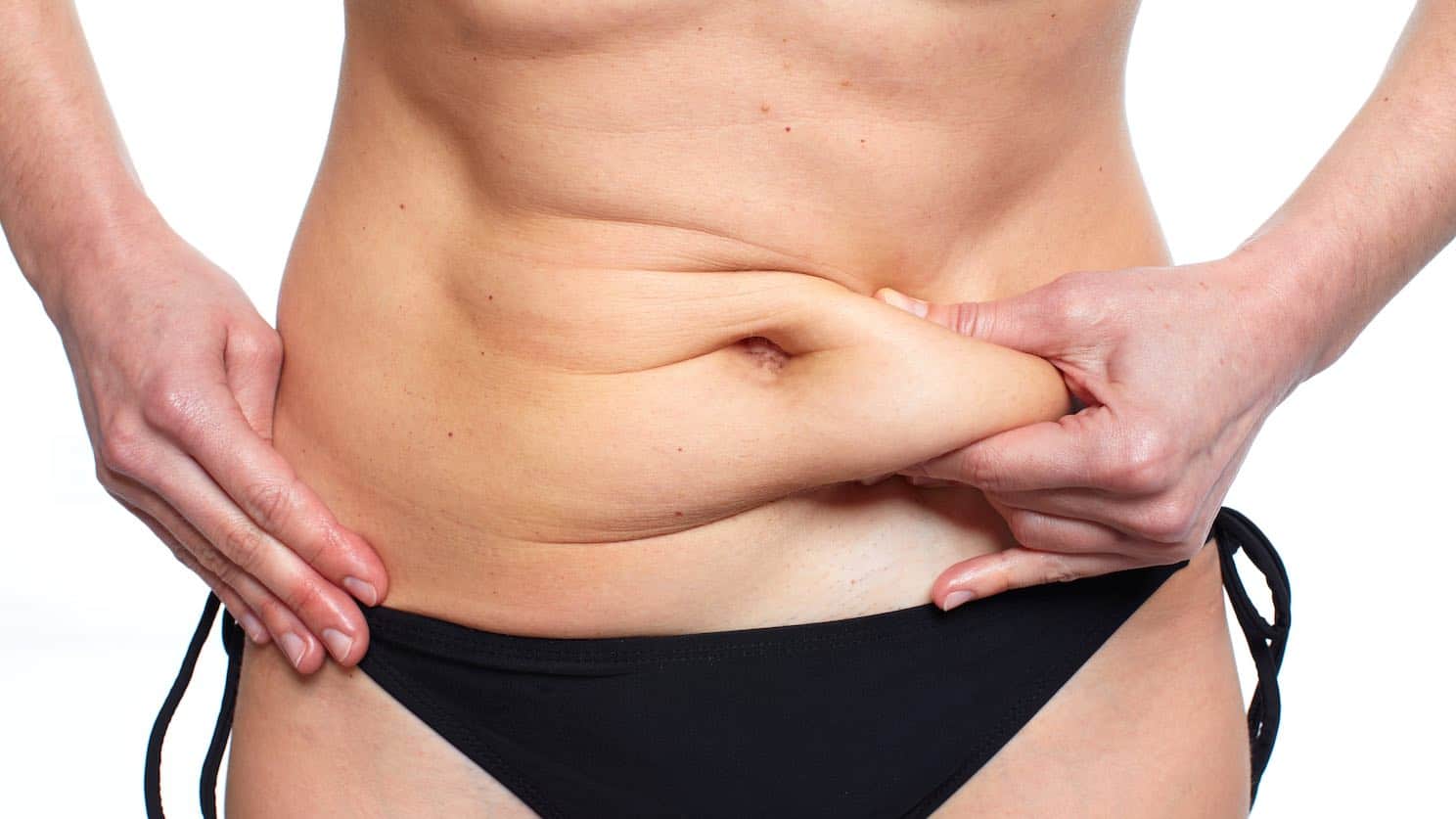Costhetics knows that tummy tucks are popular with Australians. In fact, they’re among the top five most-requested body-contouring procedures in the country.
We’re not surprised, because a tummy tuck provides cosmetic benefits including:
- Removal of excess abdominal skin related to pregnancy and weight loss.
- Elimination of stretch marks.
- Creation of a flatter, tighter, more contoured abdomen and narrower waist.
- Increased self-confidence.
- Lasting results.
Approximately 3,500 abdominoplasty procedures are performed in Australia each year, with Medicare’s contribution logged at approximately $2.5 million. New legislation, however, may have a significant impact on both those figures.
As the Internet’s leading resource on cosmetic surgery news and developments, Team Costhetics is sharing details about this important change to ensure that people are well informed as to their options.
Health Rebates: Is Your Tummy Tuck Cosmetic or Medical?
Starting in 2016, cosmetic abdominoplasty has been removed from the Medicare Schedule. This means that
- Patients will not receive any rebates for surgeon’s fees.
- Private health insurance will not cover hospital or other expenses.
The decision has sparked controversy. Some see the changes as having a disproportionate impact on women who have had children. They argue against the idea that abdominoplasty following pregnancy is a cosmetic procedure, stating that medical benefits are also achieved.
Regardless of opinion, this is currently the law of the land, and understanding the change is essential for anyone considering abdominoplasty.
Do You Qualify for a Tummy Tuck Medicare Rebate?
Like many procedures that offer cosmetic benefits, a tummy tuck also has medical benefits. In those instances, a rebate is available. Under the new Medicare definition, women seeking reimbursement for abdominoplasty must meet the following criteria:
- 5BMI or more of weight loss (10kg for 150cm tall, 12kg for 160cm tall, 14kg for 170cm tall, 16kg for 180cm tall).
- Stable weight for more than six months.
- Skin irritation that has failed to improve after 3 months of treatment.
- Skin folds that interfere with daily life.
An abdominoplasty to correct muscle wall weakness after the removal of pelvic or intra-abdominal tumours may also be covered. Approval is made through a Medicare photo review.
As yet, there is no information at this stage about tummy tuck revisions.
Get Tummy Tuck Facts from a Professional
Do you need an abdominoplasty? Do you qualify for Medicare? These can be consuming questions to the average patient. Medical billing is complex, with a language all its own. As a result, some people are simply giving up their quest for a better proportioned, better functioning body. They don’t know where to get the answers they need.
Costhetics recommends that anyone considering tummy tuck surgery talk with an experienced plastic surgeon. Healthcare professionals and their staff members can help guide you to your destination.
